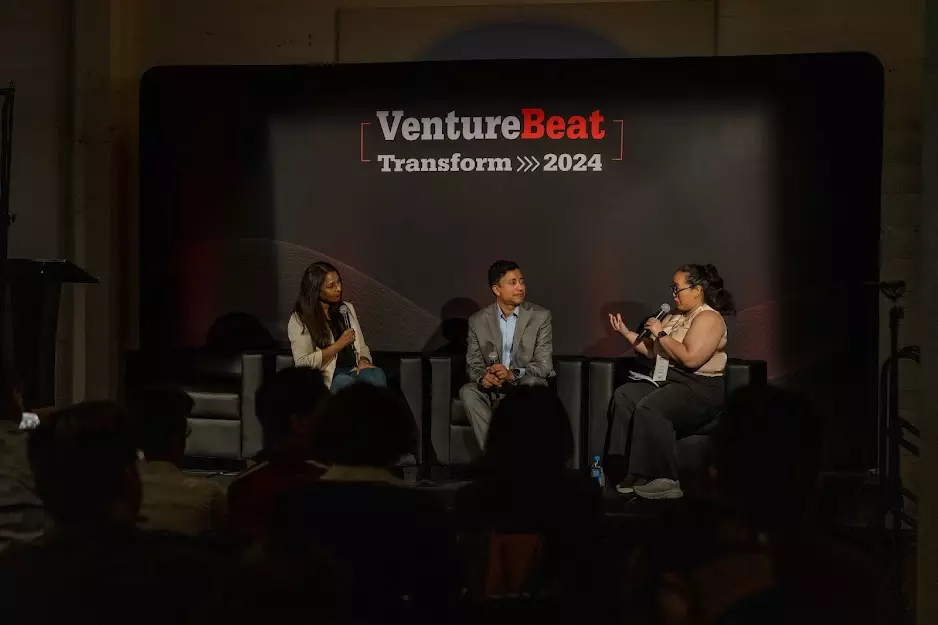Generative AI technology has proven to be a game-changer in the healthcare industry by significantly reducing administrative tasks involved in clinical visits. According to Kiran Mysore, chief data and analytics officer at Sutter Health, and Google Cloud Director for global healthcare, Aashima Gupta, the implementation of generative AI has led to a substantial decrease in the time spent on non-patient-related activities during medical consultations.
One of the key benefits of incorporating generative AI in healthcare is the improvement in patient and physician experience. Mysore highlighted the importance of AI in enhancing the patient-doctor interaction, eliminating scenarios where physicians are preoccupied with typing or paperwork during consultations. By leveraging AI technology, healthcare providers can focus on actively listening to patients and understanding their medical history, thereby offering a more personalized and efficient healthcare service.
Google Cloud has introduced innovative solutions such as MedLM, an industry-tuned model designed to summarize nurse shifts, thus minimizing the burden on healthcare workers in documenting their activities. Additionally, Google Cloud’s tools enable medical providers to quickly identify connections between different medical conditions and medications, streamlining the decision-making process and reducing the risk of adverse drug interactions.
Overcoming Challenges and Building Trust
Despite the numerous benefits that generative AI brings to the healthcare sector, there are still challenges to widespread adoption. Many physicians may feel hesitant or skeptical towards embracing new technologies, particularly in a heavily regulated industry like healthcare. To address this issue, Mysore emphasized the importance of engaging with healthcare professionals who are open to change and providing them with adequate support and training to become advocates for AI integration.
Both Mysore and Gupta acknowledged that generative AI is still in its early stages of development and that there is a long way to go in maximizing its potential within the healthcare ecosystem. Despite the current limitations, the implementation of AI in healthcare has paved the way for transformative advancements in patient care, operational efficiency, and healthcare worker wellbeing. As technology continues to evolve, the healthcare industry must remain adaptable and open to embracing new innovations that can revolutionize the way healthcare services are delivered. Through collaboration, education, and continuous improvement, generative AI has the power to reshape the future of healthcare for the better.


Leave a Reply